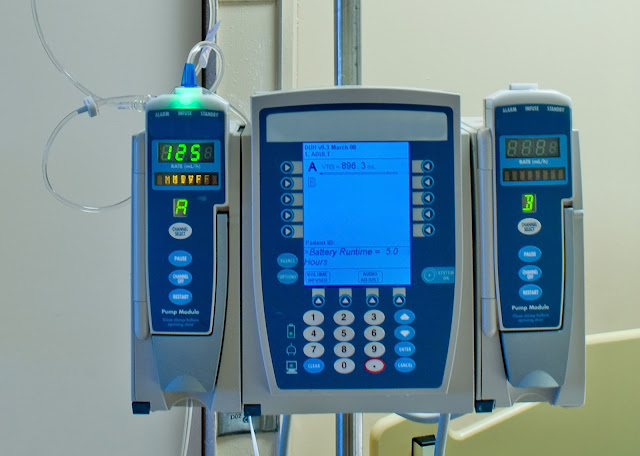Glutathione Is A Tripeptide Molecule Composed Of Three Amino Acids Cysteine, Glycine, And Glutamic Acid
 |
| Glutathione |
Glutathione, a tripeptide molecule comprised of cysteine, glycine, and
glutamic acid, is a vital antioxidant naturally produced within the body.
Recognized for its significant role in maintaining cellular health and
functioning, it boasts a range of physiological benefits. One of its key functions is its
exceptional antioxidant activity. Acting as a scavenger, this neutralizes free
radicals that can cause cellular damage, aging, and various diseases. By
protecting cells from oxidative stress, it contributes to overall well-being.
Moreover, it plays a critical role in
detoxification processes. It acts as a coenzyme for enzymes involved in the
breakdown and elimination of harmful substances like heavy metals, pollutants,
and drugs. This detoxifying function supports the body's cleansing mechanisms.
The immune system relies on Glutathione for optimal performance. By enhancing the
activity of immune cells such as T cells, B cells, and natural killer cells, it
strengthens the body's defense against infections and diseases. Additionally,
it aids in regulating inflammation and promoting immune system balance. Its potential benefits for skin
health have gained attention in dermatology. Its ability to inhibit melanin
production makes it popular for skin lightening purposes and the treatment of
hyperpigmentation and melasma. The
decline of its levels with age has been linked to age-related conditions,
including neurodegenerative diseases, cardiovascular diseases, and cataracts.
Maintaining adequate levels may help reduce the risk or progression of these
conditions.
According To Coherent Market Insights, The Global Glutathione
Market Would Generate More Than Us$ 361.0 Million By The End Of 2027, With A
CAGR Of 7.4% From 2020 To 2027.
While the body produces Glutathione naturally, dietary sources can also contribute to its
levels. Foods rich in sulfur-containing amino acids like cysteine, methionine,
and glycine, such as garlic, onions, cruciferous vegetables, avocado, and
walnuts, support its production. Supplements
of this are available in different forms, including oral capsules, sublingual
tablets, and intravenous injections. The efficacy of oral supplementation is
debated due to potential breakdown and poor absorption during digestion. Intravenous
administration may be more effective, albeit requiring medical supervision.
In terms of safety, it is generally considered
safe when taken in appropriate doses. However, high doses or prolonged use of
supplements can lead to adverse effects such as gastrointestinal disturbances,
allergic reactions, and electrolyte imbalances. Consulting a healthcare
professional before starting a new supplement regimen is advisable. Glutathione has demonstrated potential therapeutic
applications in various medical conditions, including liver diseases,
respiratory disorders, HIV/AIDS, cancer, and autism. However, further research
is needed to determine its efficacy and optimal usage in these areas.
For
Watching A YouTube Video On Glutathione
Click On The Link: Https://Www.Youtube.Com/Watch?V=YMJ4NFuQGWY
You Can Also Read Press Release Https://Www.Coherentmarketinsights.Com/Press-Release/Glutathione-Market-3749



Comments
Post a Comment